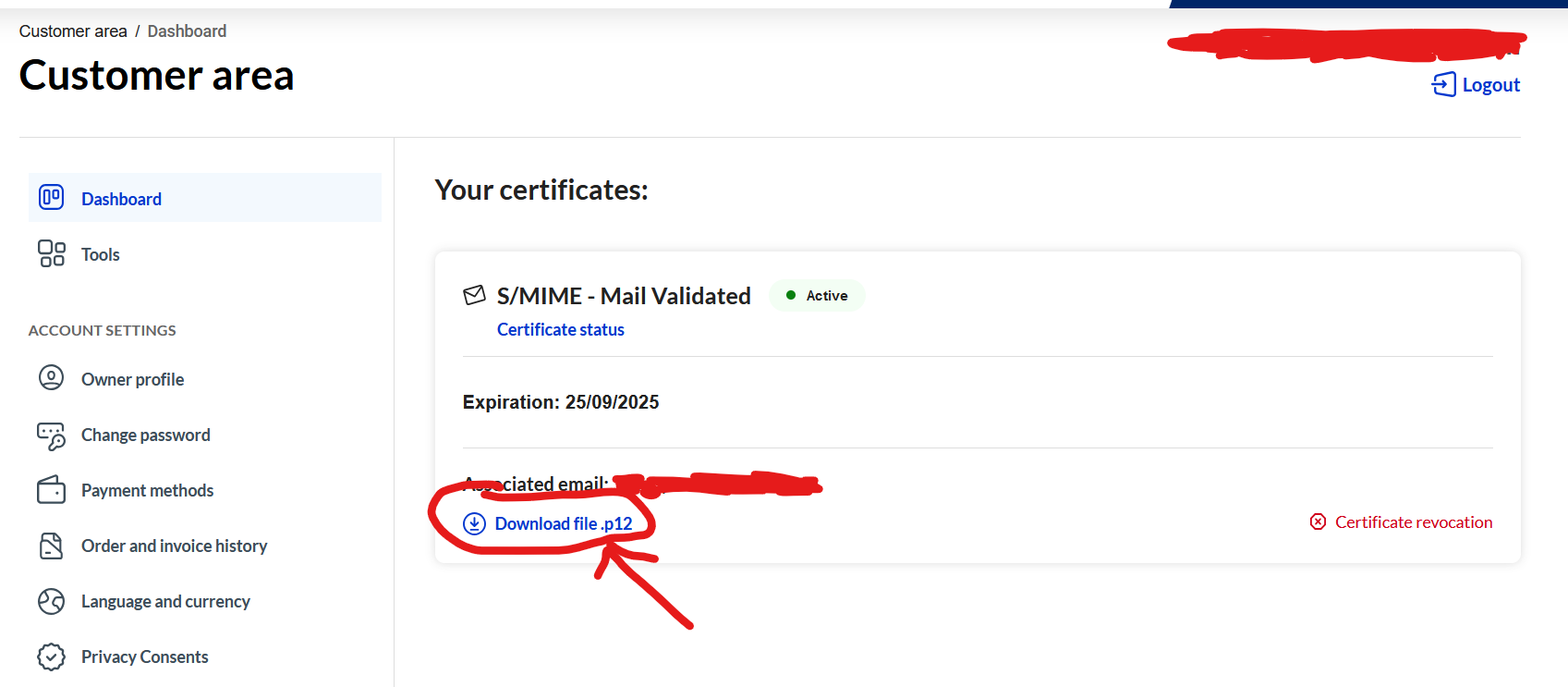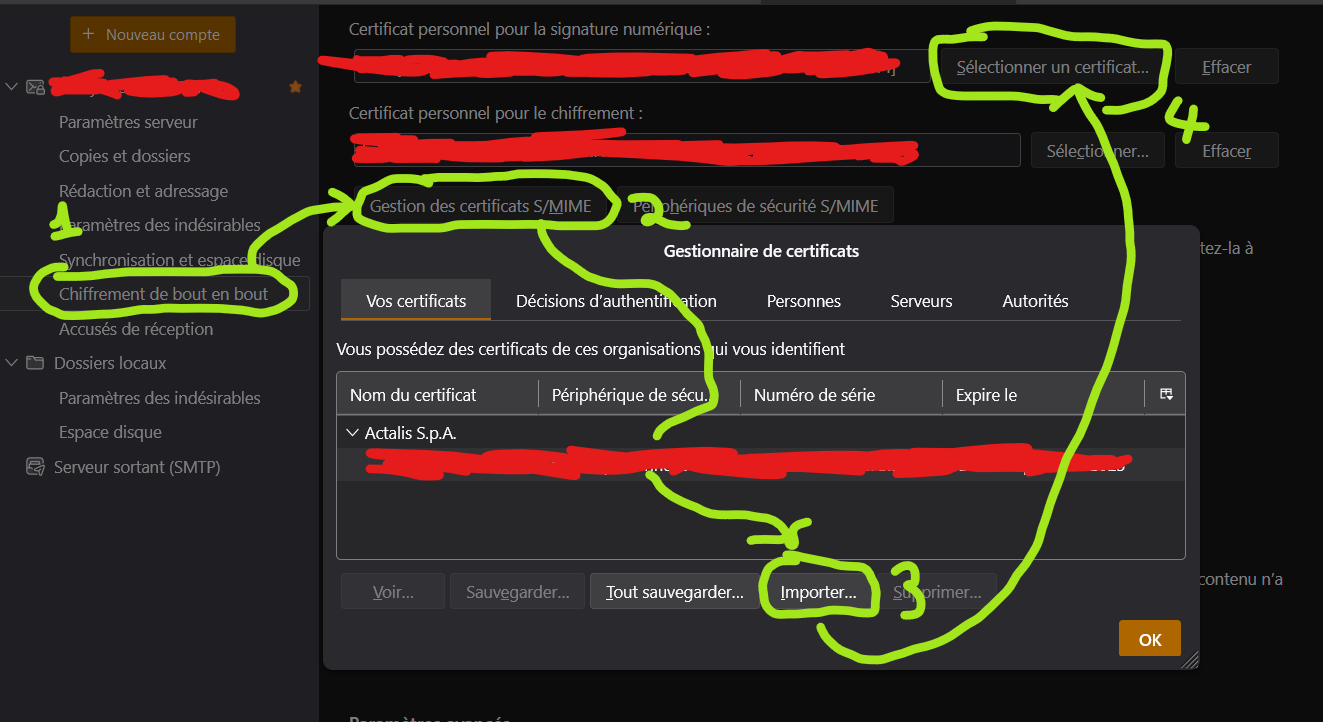I made this post a few weeks ago, and I've finally been using GrapheneOS for one month. I'd like to point out things that changed, and my experiences with some of the GrapheneOS communities.
The changes
I stressed far too much about which methods to use for installing apps. In the end, it's up to you and your preference. Sure some are considered less secure than others, but it's your phone. I'll explain more about why I'm saying that later. Anyways. I get as many apps as I can via Obtainium, and install a few apps via Aurora Store.
I'd like to clarify the reason I have ProtonVPN installed via Aurora Store. App developers often develop different versions of the app depending on how you install it. Play Store versions of it might rely on Google services, whereas direct apk files may not. ProtonVPN allows you to use it as a guest, but only when you install the Play Store version. No other version of the app (e.g. installed via Obtainium) allows you to use it as a guest. Please stop commenting about this, I explained it to way too many people.
My game selection has remained the same, however Antimine is a bit of a weird one. It is still actively maintained, but the GitHub releases page is versions behind the F-Droid version, and the F-Droid version is versions behind the Play Store version. I tried installing the Play Store version, but it required Google Play Services to work (even though the app could actually run without it, it just thinks it needs it). So, unfortunately, I'll just use the outdated F-Droid version.
2048 by SecUSo actually got dark mode! Good for them for keeping things nice on the user end. Audire has been abandoned, and so I tried out Audile and it works fine.
As many users pointed out, AndBible is not abandoned. It also recently got updated. The UX is still sub par. Fossify projects are also, as many pointed out, not abandoned. Development is just slow. I'm eager to see what updates will come.
HeliBoard still has some weird autocorrect suggestions, but I made a few bug reports about it. KeePassDX no longer has the weird biometrics bug.
For eBooks, I tried out a lot of the top proprietary eBook readers:
- Amazon Kindle was authwalled (required logging in)
- FBReader was netwalled (required a network connection)
- Google Play Books was playwalled (required Google Play Services)
Then, I tried Moon+ Reader. I am so sorry, but this app is honestly fantastic. I will reiterate: it is proprietary, but it has support for Apple Book's page turning animation as well as other stuff. The open source eBook readers peril in comparison. The app is perfect, I just wish it was open source.
My music player has changed to VLC Media Player, which is honestly so much better than the desktop version. It has incredible support for use as a music manager. The only annoying bug is that it will sometimes lag for a few seconds before resuming, and there's no clear "queue" section.
I got too upset with Vanadium's lack of anti-fingerprinting and privacy features, that I switched to Brave. Honestly, I'm happy with it. It's not perfect, but I can get behind it.
The new stuff
Alright, now let me mention the new things I got to try. I wanted to try out an RSS reader, so I got Feeder. It's honestly what you expect from an RSS reader. I will say: I wish there was more distinction between read and unread articles. Currently the only difference is whether or not the title is in bold. I also wish the "Show read articles" could be changed for each feed, and not globally, or have an "Unread articles" section.
I have the I2P DEBUG app in case I ever want to access I2P pages. I'm learning about what I2P is. From what I gather, it's like Tor but... not Tor.
I tried out Image Toolbox for editing images. It's very feature rich, but very unintuitive to use.
This is the biggest change: I tried out Lawnchair and Lawnicons. It is honestly so great. I wish the default launcher had that level of customization. You can customize it in 100 different ways until your heart gives out, it's honestly fantastic. There are inconsistent minor bugs and annoyances, but the benefits far outweigh those. I'm a sucker for the iOS look, and I was very pleased I was able to achieve something in between Android and iOS. I just wish they would bring dock colors back! One of my favorite features is being able to customize any icon and name for any app on the home screen. I could make a dating app look like a graphing calculator, for example...
I tried out the proprietary Pydroid 3 app as a Python IDE. I give the developers a solid pat on the back. It's a great app. It works super well, and just has the occasional "upgrade to premium" popup to remove the "ads" that it can't load because it can't touch the internet. Good job guys.
I added Shadowsocks to my censorship circumvention toolkit. I can't find any free servers, but hey it's there in a pinch.
The community
I got some time to experience the Matrix/Discord/Telegram (they're all bridged) community as well as the issue tracker for GitHub. The issue tracker closes a lot of issues that I personally think should remain open. One I made was changing one of the default pings for an (obscure) menu from Google to GrapheneOS, a very simple fix. They closed it, which I'm upset about. I get it though, they can't fix everything.
The Matrix/Discord/Telegram community is... interesting. There's 3 people: The ones who understand almost nothing and need a lot of help, the general users who are super friendly and have wholesome interactions, and the ones who know (and/or think they know) everything. That third group is quite prevalent. They will constantly push their own threat model on you as if it's the only correct answer, and will (quite often) refuse to answer questions if it goes against their threat model (e.g. questions about Aurora Store when "Play Store is the only correct answer").
It's annoying to say the least. I try to mention as much as possible that everyone has their own threat model and it's your phone so you get to choose your own preferences at the end of the day, but that never goes over well. GrapheneOS isn't always known for taking kindly to some lesser threat models, which is a double edged sword. It's good that they have such high standards, but they need to know when to relax and let other people help. It's not bad by any means, you'll get the help you need, but it's not a good look at the end of the day.
Conclusion
That's my experiences after one month. It's been nothing short of fantastic, even with some problems. I am a strong advocator for open source software, but for a couple things the proprietary alternatives are simply the best. That's the unfortunate truth for some things. This will be my last post about my experiences with GrapheneOS, but coming from iOS, it is a super fun transition.
I'd also like to mention quickly for anyone wondering: Backups for me are currently under 5GB (not including music), and in a month with all the app downloads and music transfers over LocalSend, I used about 70GB of internet. Tubular used the most internet (about 22GB in a month). For all you curious, this can give you a nice baseline.
Thanks for reading!



